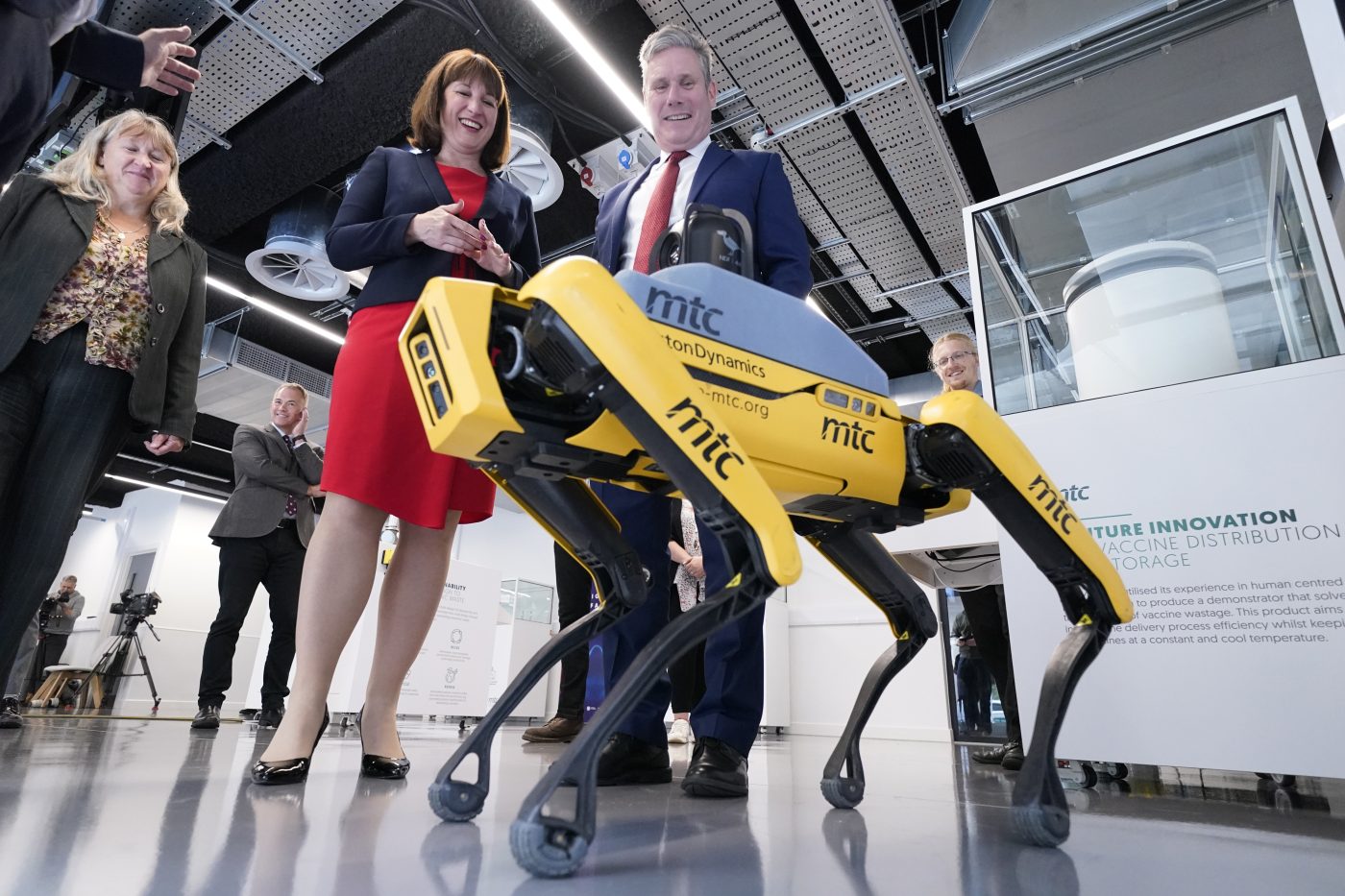Understanding how our perception of AI affects its use
AI has become an integral part of our daily lives, and its impact on our perception of humanity is undeniable. ASU Professor Kyle Jensen believes that by understanding how AI works, we can better realize unconscious biases that impact how we interact with the world. In an effort to educate students on the potential and pitfalls of AI, Jensen has incorporated generative AI tools into his advanced English course.
Image: AI in the Classroom
In this course, students use AI-powered tools to assist their writing process, from brainstorming ideas to editing drafts. Jensen believes that these technologies are not threatening if we are genuinely committed to working closely with students, learning their voice, reading multiple drafts, and cultivating a trusting, collaborative relationship.
“These technologies are not altogether that threatening if we are genuinely committed to working closely with our students, learning their voice, reading multiple drafts and cultivating a trusting, collaborative relationship,” Jensen said.
The Impact of AI on Humanities Research
Jensen’s research focuses on understanding how our perception of AI affects its use. He believes that by making our nonconscious perceptions about AI the subject of conscious reflection, we can better understand how it works. This, in turn, will help us develop a more precise definition of what makes human intelligence unique and worthy of investigation.
Image: AI Research
AI has also encouraged historians, critics, and philosophers to reflect on how we have defined human intelligence in relation to computing technologies. This has led to a more precise definition of what makes human intelligence unique and worthy of investigation.
Humanities scholars are incorporating AI into their classrooms to expand how students conceptualize the work of reading and writing. They are also addressing the ethical uses of AI, including its selected datasets that reinforce race and gender stereotypes, its application in areas such as surveillance and policing, and its relationship to intellectual property laws.
“Humanists are also incorporating generative AI into their classroom to expand how students conceptualize the work of reading and writing. And, there are many humanists who are reasonably concerned about the ethical uses of generative AI with regard to its selected datasets that reinforce race and gender stereotypes, its application in areas such as surveillance and policing, and its relationship to intellectual property laws,” Jensen said.
The Future of AI in Humanities
Jensen is excited about the opportunities AI presents in the humanities. He believes that by collaborating with scholars from other disciplines, we can create new interdisciplinary initiatives that redefine what it means to create knowledge and develop public-facing products using AI applications.
Image: AI in the Future
“I enjoy working on complicated problems that require me to collaborate with scholars from other disciplines. Obviously, generative AI poses many complicated problems and demands many different forms of expertise. So I’ve spent a lot of time over the last two years learning from colleagues at ASU who know a lot more than I do about generative AI,” Jensen said.
Challenges and Opportunities
One of the biggest challenges AI poses is the lack of understanding about how it works. Jensen believes that we need to slow down the decision-making process and learn how AI functions. This will help us develop policies that are responsive to its limitations and dangers.
“The hard truth is that very few people understand how generative AI works, and the existing explanations of its operations leave a lot to be desired. Part of the problem is that generative AI is really difficult to explain, much less understand. Another part of the problem is that generative AI applications look a lot like familiar applications such as search engines or word processing software. So users reasonably expect that generative AI functions the same way as these familiar technologies. But they do not,” Jensen said.
In conclusion, AI has the potential to revolutionize the way we approach humanities research and education. By understanding how our perception of AI affects its use, we can better realize unconscious biases that impact how we interact with the world. ASU is at the forefront of this revolution, and Jensen is excited to see how AI will continue to shape the humanities in the years to come.


 Photo by
Photo by 









